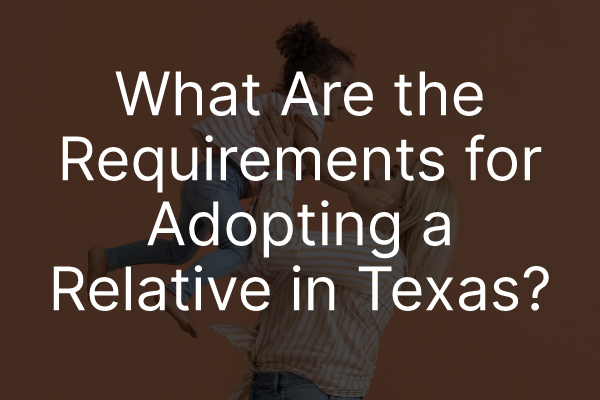What are the Different Types of Child Custody?
 There are many elements of child custody cases that you must navigate and understand; one thing to learn is that there are different types of child custody arrangements. Understanding the four different types of child custody can help you navigate a court case better and help you determine the ideal arrangement for you. To help you prepare for your custody battle, here are the four different types of child custody:
There are many elements of child custody cases that you must navigate and understand; one thing to learn is that there are different types of child custody arrangements. Understanding the four different types of child custody can help you navigate a court case better and help you determine the ideal arrangement for you. To help you prepare for your custody battle, here are the four different types of child custody:
Physical Custody
Physical custody is what most people think of when they hear the term “custody.” It simply refers to who has the child with them. Physical custody comes in two forms:
Joint Physical Custody
In many cases, a court will award joint physical custody to the parents – as long as both have been involved in the child’s life. This means that both parents get to have the child(ren) stay with them at certain times. The arrangement may be 50/50; it may be ruled that one parent gets the child(ren) every other weekend; or some other joint physical custody arrangement may be determined to best suit the needs of the children.
Sole Physical Custody
Sole physical custody means that only one parent has custody of the children. Sometimes, the other parent has visitation rights, but sometimes they don’t. Sole physical custody is usually only awarded in special cases, such as if one parent has been abusive or if one parent has no interest in being a part of the child’s life.
Legal Custody
Legal custody is the determination of which parent gets to make the decisions for the child. It is not separate from physical custody; rather, a custody case must determine both who gets physical custody and who gets legal custody.
Joint Legal Custody
When parents share joint legal custody, they both have a say in what happens to the child. Sometimes, legal custody may be shared even if physical custody is not. A non-custodial parent may want to protest against the children being moved out of state, for example. If the issue is contentious enough, it may need to be settled in court.
Sole Legal Custody
Sole legal custody means that only one parent gets to determine what is best for the child. Again, sole legal custody does not necessarily mean sole physical custody. One parent may have sole legal custody even if they share physical custody with the other parent.
When it’s time to make custody arrangements for your children, contact Attorney Alison Grant. She can help you determine which kind of custody arrangement would best suit you and then help you argue your case in court. Whenever your custody issues arise, you can count on Alison Grant to help you through them.





